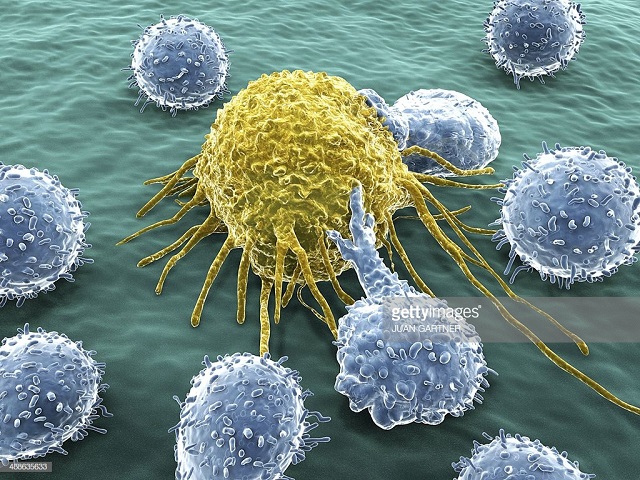Oncology
Coordinator: Profa. Dra. Catarina Segreti Porto (email: csegretiporto@gmail.com)
Oncology is dedicated to the study and treatment of cancer, whose development is related to environmental factors and life habits, being 10% hereditary. The multidisciplinary treatment, focusing on prevention, diagnosis and treatment, is fundamental. The Brazilian National Cancer Institute estimates 600,000 new cases of cancer in the biennium 2018-2019 in Brazil. With the exception of non-melanoma skin cancer, the most incident cancers in men will be prostate, lung, intestine, stomach and oral cavity, and in women, cancers of the breast, intestine, cervix, lung and thyroid. Despite great advances in the knowledge of the etiopathogenesis of cancer, it continues to take millions of lives every year, being the second cause of death in Brazil. 90% of these tumors could be cured if they were diagnosed early and treated properly. Although this pathology is quite complex in its mechanisms of development and responses to therapeutic application, few medical schools have a specific oncology discipline in their curriculum. The diagnosis and treatment of different types of tumor has progressed in the last 15 years. Imaging methods allowed the identification of increasingly smaller tumors and biomarkers allowed the diagnoses to be more accurate. The inclusion of molecular and cellular biology has resulted in the identification of potential therapeutic targets and risk markers for tumor development. However, knowledge about cancer is extremely dynamic. The challenges for establishing more specific treatments with fewer side effects and drug resistance are currently present. Thus, the improvement and exchange of knowledge of the molecular and cellular mechanisms of cancer, the search for new biomarkers and antitumor therapies, and the care for patients and their relatives are fundamental. Unifesp is a center of excellence in research, teaching and clinical care and needs to develop a broad and multidisciplinary vision in the field of oncology with the training of highly qualified human resources. In addition, it needs to stimulate the formation of international research networks in order to improve the quality of the academic production linked to the postgraduate study on the subject.
Partner countries: Ireland; Canada; France; Italy; Belgium; Germany; Chile; Australia; Spain; United States of America; Netherlands; United Kingdom; Portugal.
Graduate Programs
Research Projects
> Assistance to cancer patients and their families: actions to improve quality of life and safety
Coordinator: Prof. Dr. Elena Bohomol (email: ebohomol@unifesp.br)
> Biomarkers and antitumor therapy
Coordinator: Prof. Dr. Maria Aparecida Juliano (email: ma.juliano@unifesp.br)
> Molecular and cellular mechanisms of cancer
Coordinator: Prof. Dr. Catarina Segreti Porto (email: csegretiporto@gmail.com)



